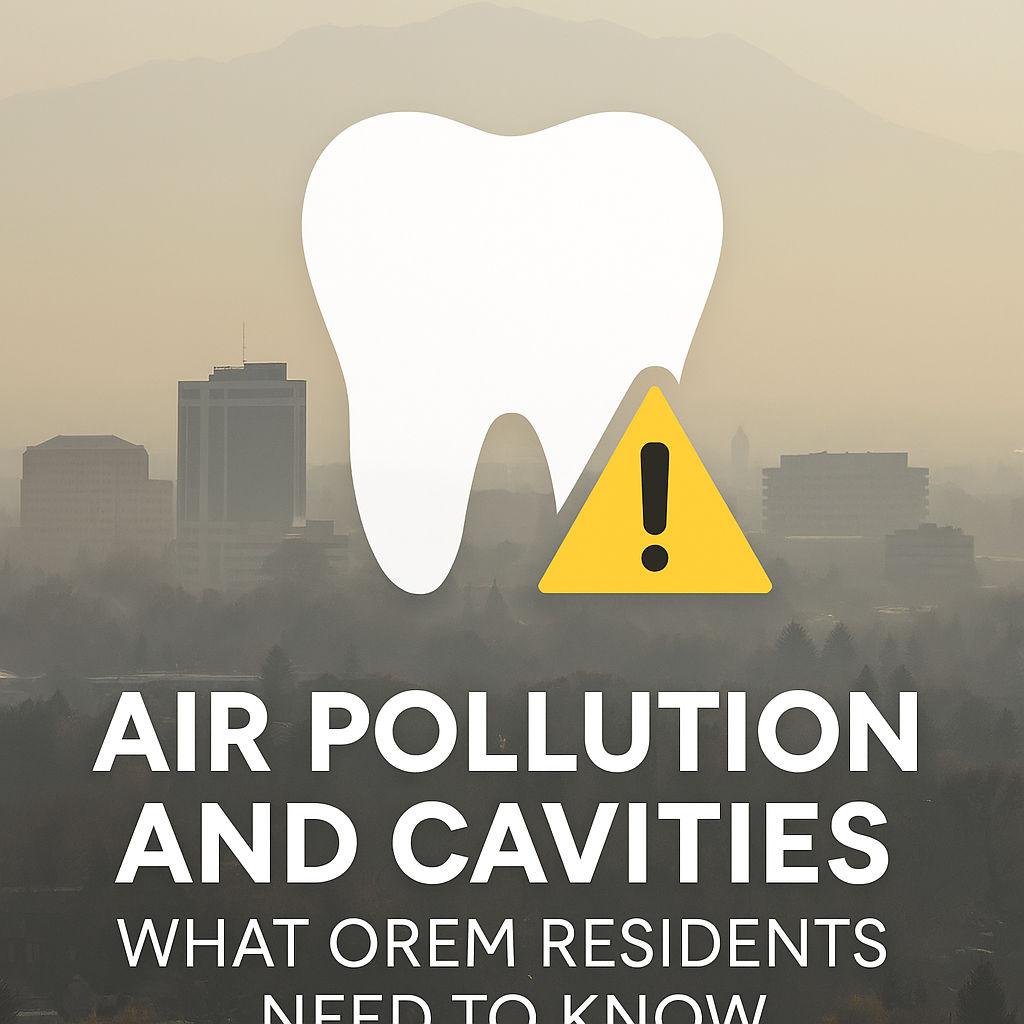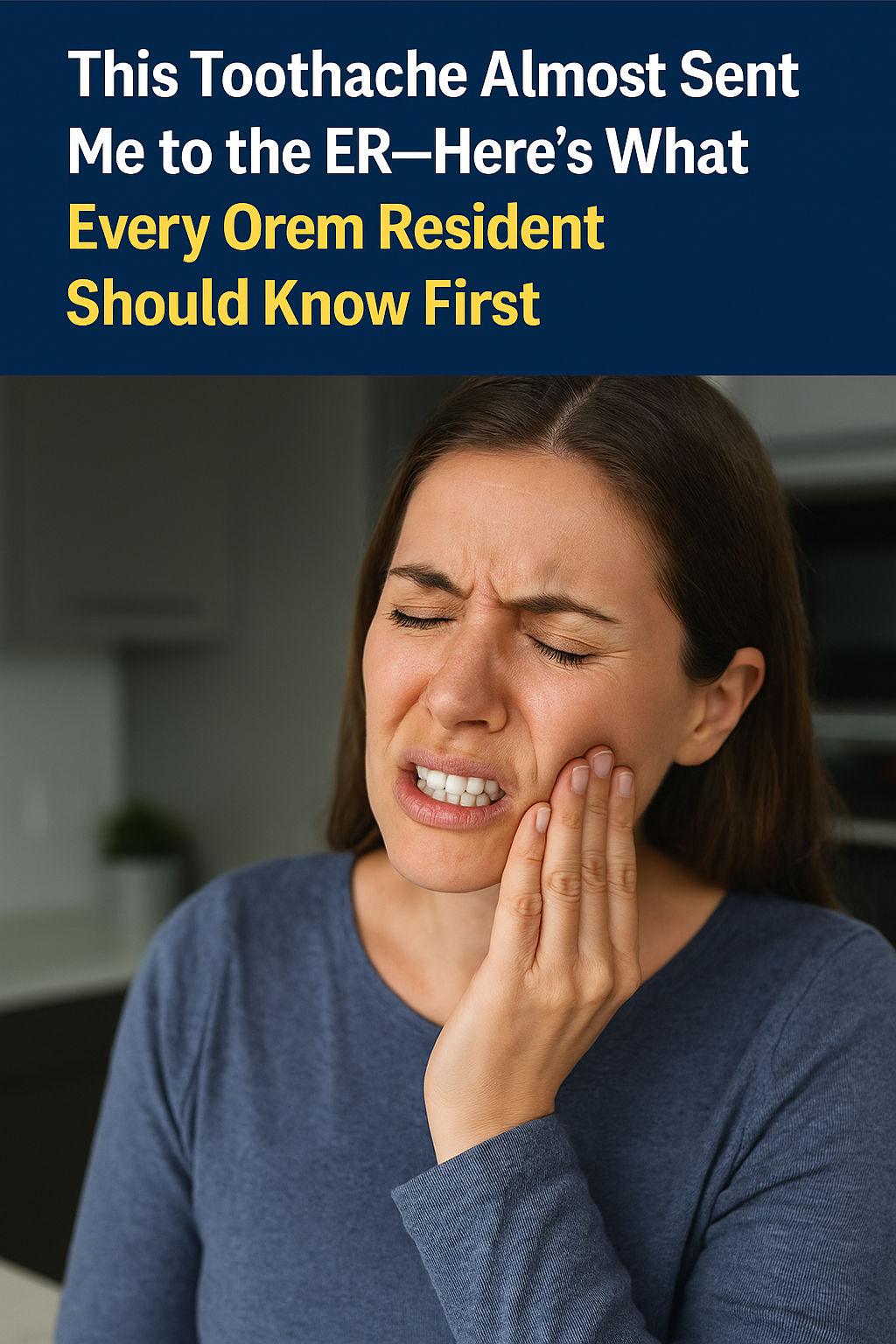Blog Highlights
- Benzocaine is a topical anesthetic and is present in many brand name treatments
- Benzocaine has been associated with methemoglobinemia
- If you have any questions, don’t hesitate to contact your dentist or doctor
Naturally, parents become concerned when their young children experience teething pain. It’s tempting to reach for an over-the-counter treatment in an attempt to reduce the discomfort. However, over the past several years, the FDA has warned against any and all treatments that contain benzocaine, a common ingredient in over-the-counter teething pain treatments.
Benzocaine was used to help relieve the gum pain experienced by young children who were teething; however, it’s been shown that benzocaine can lead to a rare, but dangerous illness. Therefore, as of May 2018, the FDA has been asking companies to clear their shelves of all pain relievers that contain this ingredient.
Benzocaine is a topical anesthetic and is present in many brand name treatments, such as Anbesol, Cepacol, Hurricaine, Orajel, and Topex, as well as generic brands. It can be found in a gels, sprays, ointments, and even lozenges.
Benzocaine has been associated with methemoglobinemia, an uncommon, but life-threatening condition. Methemoglobinemia is when the blood contains elevated levels of methemoglobin, a certain protein that carries less oxygen to the body’s tissues. It results in shortness of breath, fatigue, dizziness, seizures, comas, and eventually death.
If you have a young child who is teething, stay away from benzocaine. The American Academy of Pediatric Dentistry offers a list of alternative treatments for teething children and recommends the following:
- Use a clean, chilled rubber teething ring. Make sure it is not frozen as this can cause unintentional damage and additional pain
- Give your child a cold, wet washcloth to chew on
- Give your child a chilled pacifier
- Gently massage your child’s gums with a clean finger to relieve some of the pressure and sooth irritation
- Ask your dentist or doctor for a recommended over-the-counter pain reliever, such a acetaminophen or ibuprofen, and the proper dosage for a young child
- Never give your child alcohol.
If the pain persists, make an appointment to visit your doctor or dentist as soon as possible. If you have any questions, don’t hesitate to contact your dentist or doctor. They can help determine the problem and offer the best course of treatment for your child.





